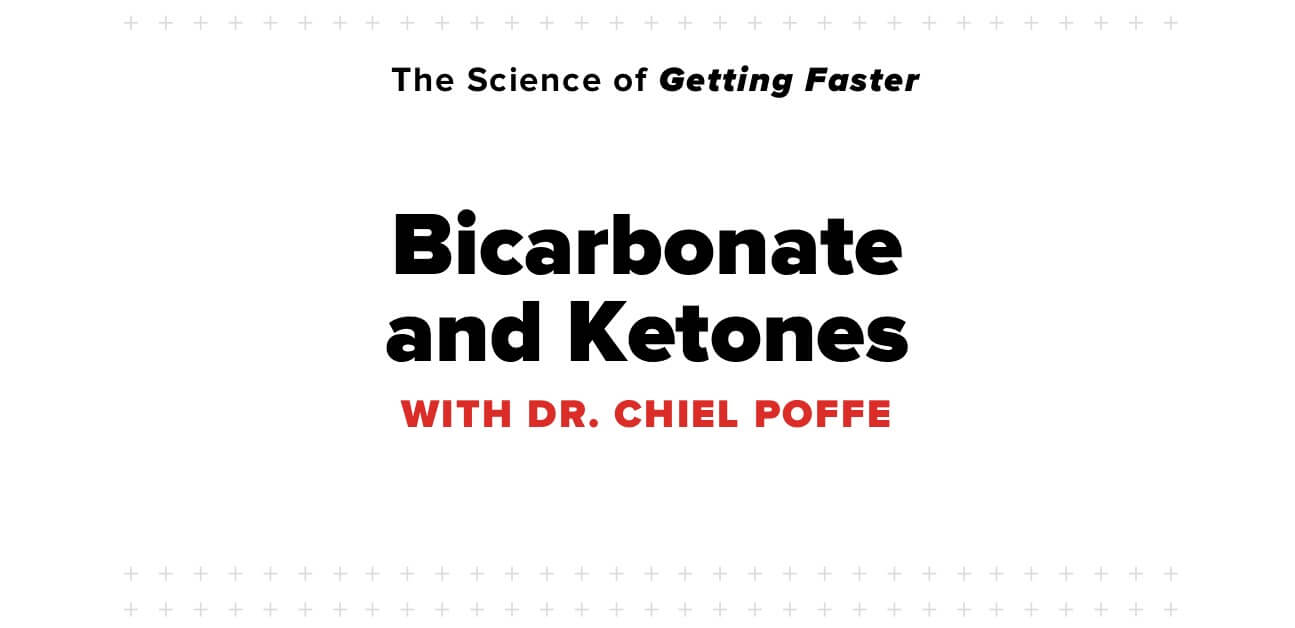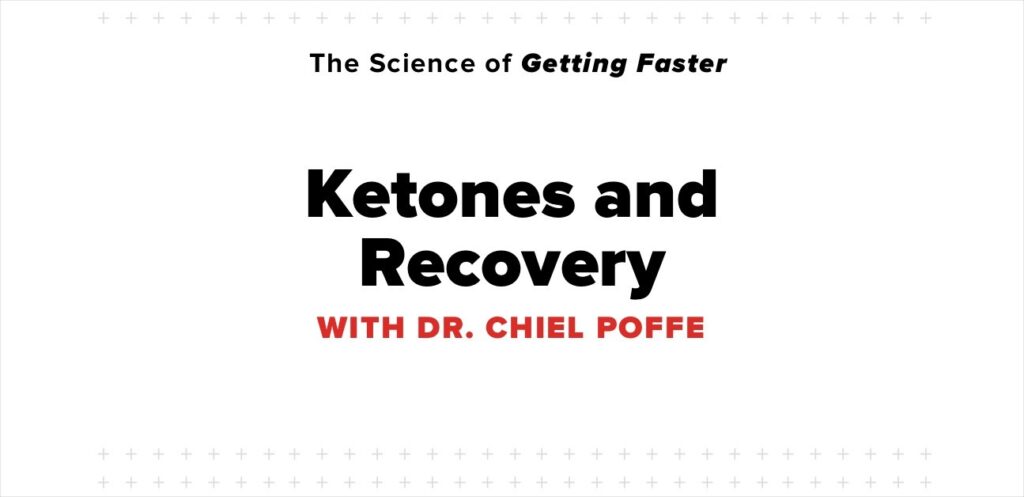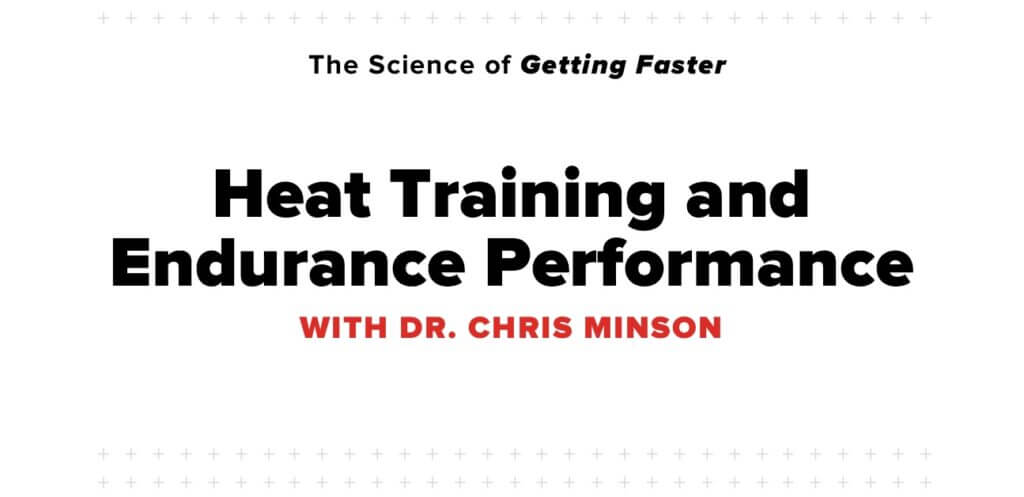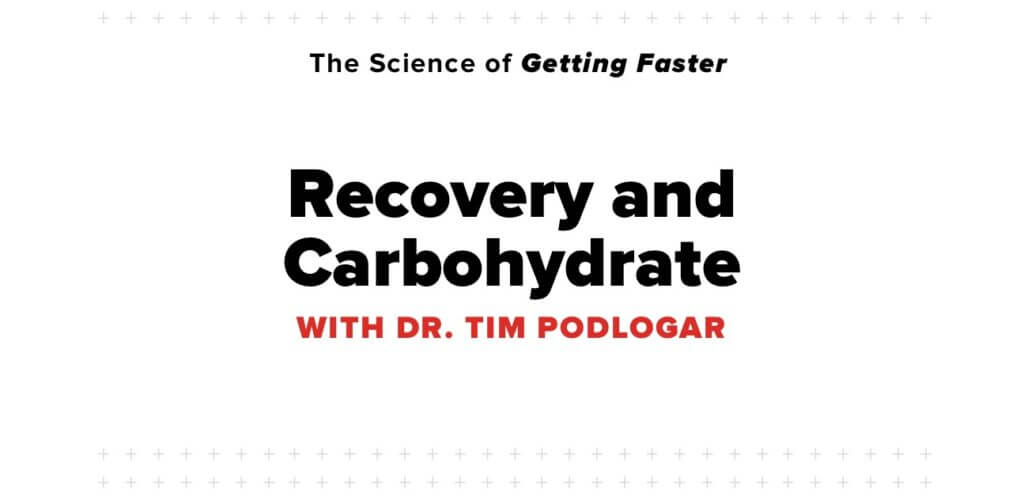Science of Getting Faster: Bicarbonate and Ketones

If you’ve been paying attention to professional cycling over the last few seasons, you’ve probably heard talk of ketone esters, and of how this expensive and foul-tasting substance can supposedly improve performance. But can it? And if it can, what’s the optimal way to ingest it to maximize its beneficial effects? We interviewed Dr. Chiel Poffe about a recent study he conducted to find out.
For more information on ketone esters and bicarbonate, check out Science of Getting Faster Ep 3.
What are Ketones?
Endogenous ketones are molecules naturally produced by your body and used as a fuel when energy availability is limited. In this process, low insulin levels cause fat to be released into the blood, and the liver converts these fats into molecules called ketone bodies. These molecules then travel via the bloodstream to the muscles and brain. This is called ketosis and can be intentionally triggered through fasting or by following a low-carb (ketogenic) diet.
Exogenous ketones, on the other hand, are ingested into the body from an outside source such as a drink. They come in two main forms- ketone salts and ketone esters. Ketone salts are a ketone body bound to a salt molecule, such as sodium or potassium. These are the most commonly available ketone supplements, but to raise blood ketone levels sufficiently to affect athletic performance, they need to be taken in very large doses. This can cause gastrointestinal side-effects because of their high salt content.
Ketone esters are a newer type of exogenous ketones and are the form most often mentioned in connection to cycling. Within 30 minutes of ingesting a small amount of Ketone esters, blood ketone levels can be comparable to those achieved after several days of fasting, without the gastrointestinal side effects of ketone salts. However, ketone esters are not without their flaws, most notably their very high price and notoriously foul taste.
Why Would Cyclists Want Elevated Blood Ketone Levels?
Ketones are naturally used by the body as fuel in times of low energy availability, and energy is key for athletes. So, any method of potentially unlocking more energy might benefit a cyclist, and this could in theory be achieved by elevating blood ketone levels during a workout or race.
Specifically, muscle glycogen availability is often a limiting factor in endurance exercise. If ketones were made available to the muscles instead, glycogen supplies could potentially be preserved for longer. Additionally, some studies suggest that ketones may be a more energetically efficient fuel than glycogen, perhaps capable of improving performance on their own.
There is a downside of high blood ketone levels, though. Ketones are acidic and reduce the blood’s pH. In extreme cases most often related to diabetes, this can be dangerous or fatal, but in the context of sport, it can cause a marked decrease in performance.
The First Study: Ketone Esters on Their Own
Chiel and his team performed two very similar studies, with slightly different conditions. The first study provided athletes with ketone esters or placebo before and during the initial phase of a series of cycling efforts. In this study, ingesting ketone esters caused a notable drop in blood pH and in the blood’s natural bicarbonate buffer, but did not significantly impact performance either way. However, a similar study in which ketone esters were provided during a 30 minute time trial observed a 2% – 3% decrease in performance. These results suggest that the impact on blood pH from ketone ester intake may negate or even outweigh any benefits of the ketones themselves, so Chiel’s team decided to see if they could counteract this undesired effect with bicarbonate. Bicarbonate (baking soda) naturally buffers blood pH under normal conditions, and the researchers suspected that ingesting it with ketone esters could offer some benefit.
Adaptive Training
Get the right workout, every time with training that adapts to you.
Check Out TrainerRoadThe Second Study: Ketone Esters and Bicarbonate
For this more recent experiment, nine well-trained (but not professional) male cyclists were recruited to perform the same exercise routine carried out in the first study: 3 hours of submaximal riding, followed by a 15-minute time trial and a 60-second all-out sprint. Each cyclist did this on four different days and received one of four supplements each day: ketone esters, bicarbonate, ketone esters and bicarbonate, or placebo. Subjects did not know which intervention they received, and a flavoring agent was added to all of the drinks to make them taste as bad as the ketones.
To further control variables, each subject received the same pasta dinner the night before their tests, as well as the same high-carb breakfast 2 hours before the workout. Ketone esters were administered in 3 separate doses: 60 minutes before exercise, 20 minutes before exercise, and 30 minutes into the initial submaximal ride, for a total of 65g per rider. For the bicarbonate interventions, participants received a total of 300mg/kg body weight, also spread out before and during the submaximal exercise in multiple small doses. The testing occurred in an air-conditioned lab, on the subjects’ own bike, but power and heart rate were not visible to the athletes. Additionally, the order of the interventions was randomized to remove any impact of familiarization with the workout itself.
The format of the test was chosen to mimic real-world demands. A long, steady effort, followed by a hard 15-minute time trial and an all-out sprint is a good approximation of many real bike races.
The Results
Neither ketone esters on their own, nor bicarbonate on its own had any impact on time trial performance when compared to placebo. But impressively, ketone esters and bicarbonate together resulted in a 5% performance increase during the time trial. The final sprint was similar in all interventions, but athletes who received ketone esters both with or without bicarbonate experienced a very small performance improvement that researchers did not consider significant.
Ketone esters also impacted perception of hunger post-workout. Ketone esters with bicarbonate left the test subjects just as hungry as placebo post-workout, but subjects weren’t as hungry after the exercise when they’d received only ketone esters. Researchers suspect these athletes might be less likely to refuel post-workout, potentially impacting recovery.
The Conclusions
The study suggests that ketone esters can indeed improve performance, but only in certain types of exercise, in certain circumstances, and when ingested in certain ways.
Crucially, for ketone esters to improve performance, ingestion with bicarbonate appears to be necessary. Bicarbonate buffers the pH-lowering effect of the ketones, but it can cause serious gastrointestinal distress if taken in large individual doses. The study showed that a more gradual intake of bicarbonate can result in a sufficiently large dose, without negative side effects. Without this bicarbonate buffer, the ketone esters don’t seem to produce a net-positive effect.
The study also suggests that ketone esters are only of use in certain situations. An earlier study showed a reduction in performance when ketones were taken during a time trial, but this study’s positive results came by administering them before and during the long submaximal effort preceding the time trial. Taken together, these results may mean that high blood ketone levels acutely reduce glycogen usage and limit maximal efforts over the short term, but if this reduction in glycogen use occurs before a hard effort, it might serve to save glycogen fuel for when it is needed later.
So when would this be of benefit? It certainly wouldn’t be helpful to ingest ketone esters and bicarbonate at the beginning of a criterium, or halfway up a hard climb. But if you know your event will include a long, steady effort before a harder finish, it might be worth considering ingesting ketone esters with bicarbonate early in the race. By reducing your consumption of glycogen early on in your event during an easy period, ketone esters might leave you with more fuel reserves remaining for an eventual race-winning effort.
About the Researcher
Chiel Poffe is a post-doctoral researcher in the Exercise Physiology Research Group at KU Leuven in Flanders, Belgium. He completed his Ph.D. research at KU Leuven under Dr. Peter Hespel, researching the effect of ketones on exercise.


